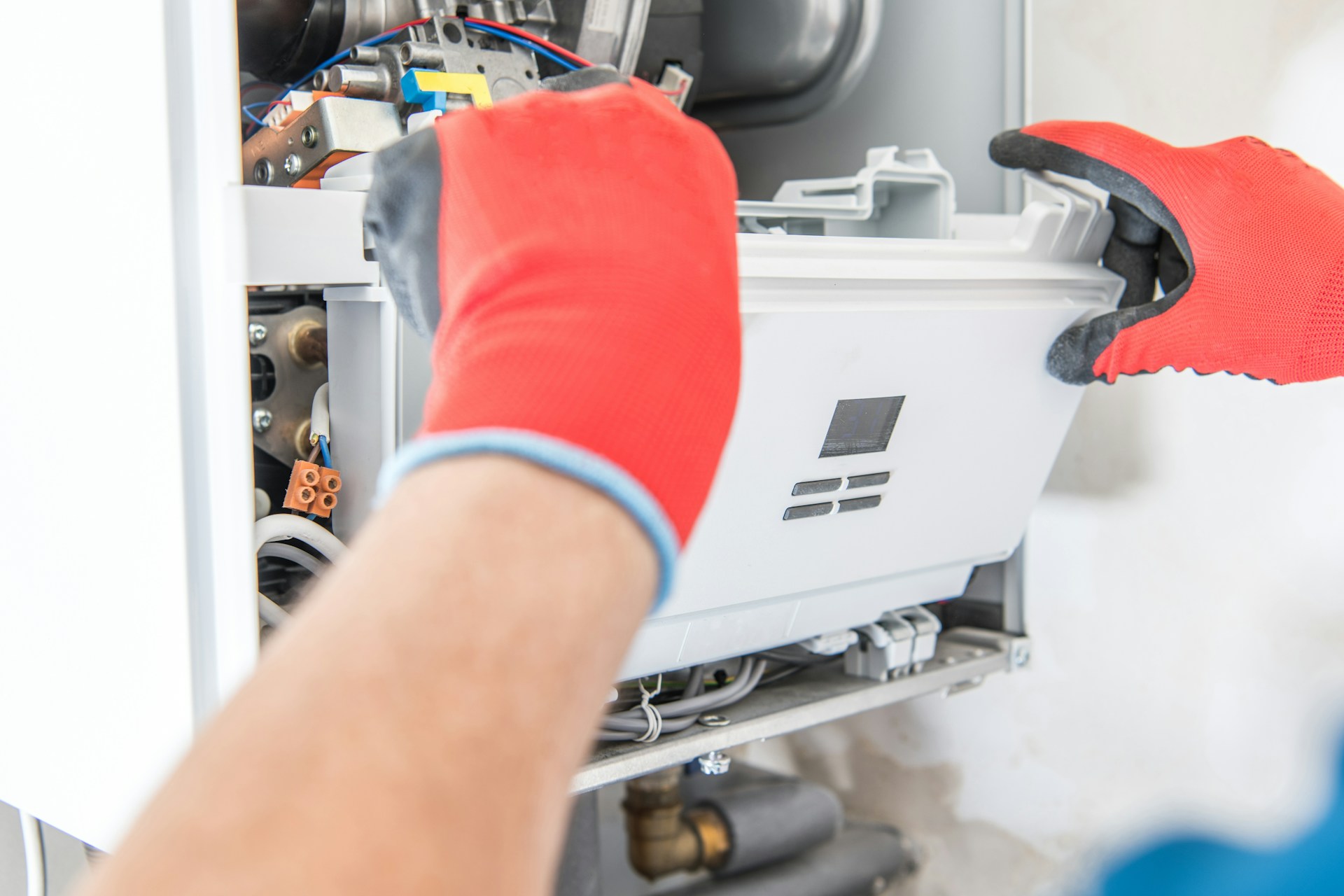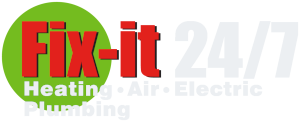One often-overlooked aspect of maintaining a comfortable living environment in your Denver home is the importance of exceptional indoor air quality. As a homeowner, you may not always be aware of the pollutants circulating in your home’s air, impacting your well-being and comfort. Choosing the right furnace filter can be critical in enhancing indoor air quality, capturing and removing pollutants from the air as it cycles through your HVAC system.
In this comprehensive buyer’s guide, we will explore the top furnace filters on the market designed to improve indoor air quality. With insights from Fix It 24/7’s experienced team of plumbing, HVAC, and electric service providers, we will cover key aspects to consider when selecting a furnace filter, including filter types, efficiency ratings, and compatibility with your existing heating system. Equip yourself with the knowledge to make informed decisions and secure a clean and comfortable living environment for you and your family.
1. Understanding Furnace Filter Types
To make an informed decision on the ideal furnace filter for your home, it is essential to understand the various types available in the market. Some popular furnace filter options include:
- Fiberglass filters: These are the most basic type of filters, made from layered fiberglass and framed in cardboard. They are inexpensive and effective in protecting your HVAC system from large particles; however, they don’t provide optimal air filtration for improved indoor air quality.
- Polyester and pleated filters: These filters are an upgrade from fiberglass filters, with higher efficiency in capturing smaller airborne particles. The pleated design increases the filter surface area, enabling better filtration overall.
- High-Efficiency Particulate Air (HEPA) filters: Providing the highest level of air filtration, HEPA filters can capture up to 99.97% of particles as small as 0.3 microns. They are commonly used in hospitals and other environments where pristine air quality is critical.
- Washable Filters: These are reusable furnace filters made from materials that can be cleaned and reinstalled in your HVAC system. While they can save you money in the long run, washable filters may not filter to the same extent as disposable filters.
2. Evaluating Filter Efficiency Ratings
When selecting a furnace filter, it is crucial to consider its efficiency rating. Furnace filter efficiency is typically measured using the Minimum Efficiency Reporting Value (MERV) scale. The MERV scale ranges from 1 to 20, with higher ratings indicating better filtration performance.
Residential furnace filters commonly have MERV ratings between 1-16. Filters with MERV 1-4 ratings are considered low efficiency, capturing primarily larger particles. Filters in the 5-12 MERV range offer better protection against small-to-medium particles such as mold spores and household dust. Filters with a 13-16 MERV rating are considered high-efficiency filters and can capture particles as small as 0.3 microns, including bacteria and smoke.
When choosing a furnace filter, it’s essential to verify that your HVAC system is compatible with the desired MERV rating. Installing a filter with a higher MERV rating than recommended by the manufacturer can restrict airflow and stress the system, leading to reduced performance and potential breakdowns.
3. Weighing Costs Against Benefits
While it’s tempting to opt for the highest MERV-rated filter to ensure top indoor air quality, weighing the associated costs against the benefits is also important. For instance, higher-rated filters are generally more expensive and require more frequent replacements. Moreover, they can place added strain on your HVAC system, potentially leading to higher energy bills and an increased likelihood of system malfunctions.
For most residential settings, using a filter with a MERV rating between 8 and 13 is generally recommended, striking a balance between improved air quality and minimal system impact. It’s also important to consider the specific needs of your household, such as occupants with allergies or asthma, which may necessitate a higher-rated filter.
4. Considering Compatibility and Size
When choosing a furnace filter, compatibility with your HVAC system is a crucial factor to keep in mind. Every heating and cooling system is designed to operate effectively with a specific type of filter, and using an incompatible filter can result in compromised performance.
To ensure the right fit, it’s essential to know the dimensions of your existing filter. Furnace filters come in various sizes, and an ill-fitting filter can decrease filtration effectiveness, leading to poor air quality and potential damage to your HVAC system. Make sure to match the correct filter dimensions, often printed on the existing filter or available in the manufacturer’s guide or label.
5. Scheduling Regular Maintenance and Replacement
Once you’ve chosen the preferred furnace filter for your home, it’s important to schedule regular maintenance and replacement to maintain optimal performance. To keep your home’s indoor air quality at an appropriate level, filters should typically be checked monthly and replaced at intervals recommended by the manufacturer – usually every three months.
Regular maintenance and timely replacement ensure your home maintains good indoor air quality and extends the lifespan of your HVAC system. A clean and efficient filter reduces the strain on your heating and cooling system and prevents the accumulation of dust and debris that can lead to mechanical issues.
Secure Clean Air and Expert Assistance with Us
Selecting the perfect furnace filter is an essential step towards enhancing your home’s indoor air quality, contributing to a healthier and more comfortable living environment. Understanding the different types of furnace filters, their efficiency ratings, anticipated costs, and compatibility with your HVAC system can ensure you make an informed decision.
As industry professionals dedicated to your satisfaction, Fix It 24/7 is here to help you navigate the furnace filter selection process. Our team of experts can provide guidance on the most suitable filter for your Denver home and offer professional HVAC installation and maintenance services. Don’t hesitate to reach out for assistance in optimizing your home’s indoor air quality with the right furnace filter. Contact us today, and let us help secure a clean and healthy environment for you and your loved ones!

